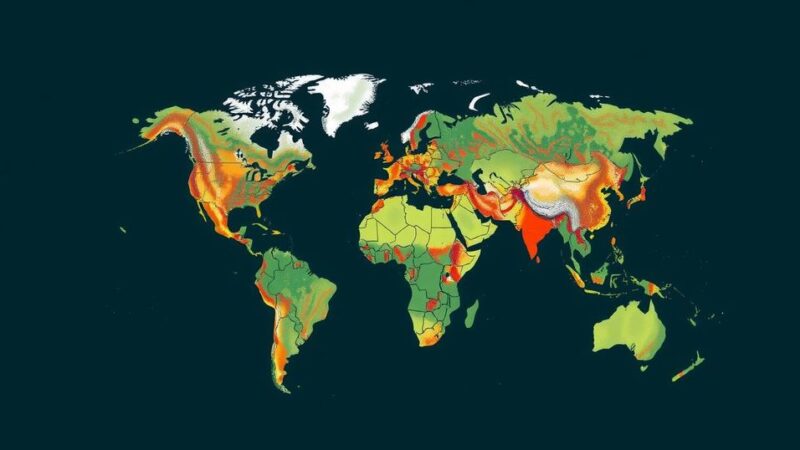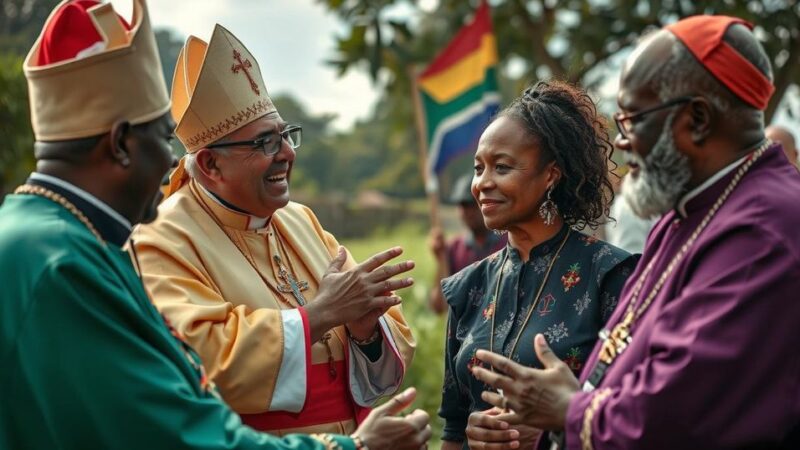The European Union is crucial for reaching a climate deal at COP29 in Baku, focusing on collaboration with China and developing nations. The EU has pledged vast climate finance and aims for carbon neutrality by 2050, while negotiating increased funding commitments. Pressure exists for the EU to showcase leadership amidst economic constraints and advancing global climate initiatives. Negotiations seek substantial increases in support for developing countries, setting a target between $200 billion and $400 billion annually.
The European Union (EU) is central to securing a climate agreement at the ongoing COP29 talks in Baku, Azerbaijan, especially in light of recent political changes in the United States. EU representatives have been engaging with nations like China, as well as developing countries such as Kenya and Palau, to forge alliances aimed at ambitious climate action. This proactive stance underscores the EU’s commitment, as it remains the primary financial contributor for climate efforts, providing €28.6 billion in public funds along with €7.2 billion from private sectors last year. While the EU aims for carbon neutrality by 2050, concerns persist about its financial commitments in the face of economic austerity. However, several European nations have demonstrated a willingness to invest more than anticipated, with countries like France and Germany leading the charge. Notably, the EU faces pressure to assume a leadership role, as officials and critics alike highlight the necessity of visibly stepping up in mitigating climate change responsibilities. Negotiations are underway to significantly increase funding for initiatives in developing nations, with a proposed annual goal ranging from $200 billion to $400 billion—an increase from the current $100 billion commitment. Key discussions include extending the definition of contributions to encompass private funding and urging transparency in financial efforts from countries such as China. Ultimately, the EU’s decisions at COP29 will be pivotal, as it navigates pressures from various global actors including the ongoing dependency on fossil fuels marked by resistance from countries like Saudi Arabia. Failure to advance on prior commitments could hinder global progress in combatting climate change, underscoring the need for cohesive leadership and increased ambition among wealthier nations.
The article centers around the significant role of the European Union (EU) in the COP29 climate negotiations, highlighting the geopolitical implications of the US elections and their impact on climate diplomacy. It discusses the EU’s status as a leading contributor to global climate funds and details its collaborations with both emerging economies and developing nations. The necessity for increased financial commitments to combat climate change and support sustainability measures in developing countries is also addressed, clarifying the EU’s strategy to enhance climate action amid economic challenges.
In conclusion, the European Union’s involvement in COP29 is critical not only for climate finance but for global leadership in addressing climate change. As discussions evolve, the EU must balance its fiscal constraints with the need to increase financial commitments and redefine contributions, particularly from emerging economies. The outcome of these negotiations will significantly affect the international community’s endeavors to combat climate change and shift towards sustainable growth.
Original Source: www.france24.com

